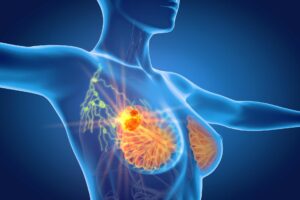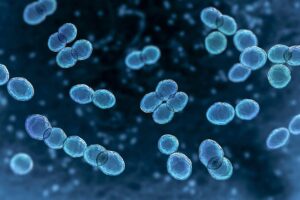Nutrition
Gastroenterology, Nutrition
A deeper understanding of human biology, new dietary and medical interventions, and their effects on the microbiota may lead to more accurate and trustworthy dietary advice.
Nutrition
A recent study highlights the role of specific obesogenic microbes suggesting potential interventions through targeted regulation of M. rupellensis and myo-inositol metabolism.
Gastroenterology, Nutrition
The findings may help to identify new biomarkers for food addiction and assess whether beneficial bacteria could serve as potential new treatments for compulsive eating.
Gastroenterology, Nutrition
The findings of a recent study suggest that Desulfovibrio can drive cancer progression, paving the way for therapeutic approached that targeting the gut microbiota.
Gastroenterology, Nutrition
The findings of a recent study suggest that Ruminococcus bacteria were more prevalent in ancient human populations and non-industrialized societies, likely due to the high dietary fiber intake.
Gastroenterology, Nutrition
Two weeks of dietary intervention are sufficient to influence host immunity, metabolism and gut microbiota composition.
Gastroenterology, Nutrition
Although a causative relationship between obesity and gut microbes remains unclear, microbiota-based treatments may help to combat obesity.
Gastroenterology, Neuroscience
The findings of a recent study suggest that the interplay between the microbiota, the gut and the brain drives binge-eating disorders.
Nutrition, Video
Together with Professor Lorenzo Morelli we focused on the significant role of diet and the microbiome in terms of health benefits, food production, and agri-industry systems.
Gastroenterology, Nutrition
Diet-induced changes in the gut microbiota confer protection against respiratory infections by regulating the development of key components of the immune system.











